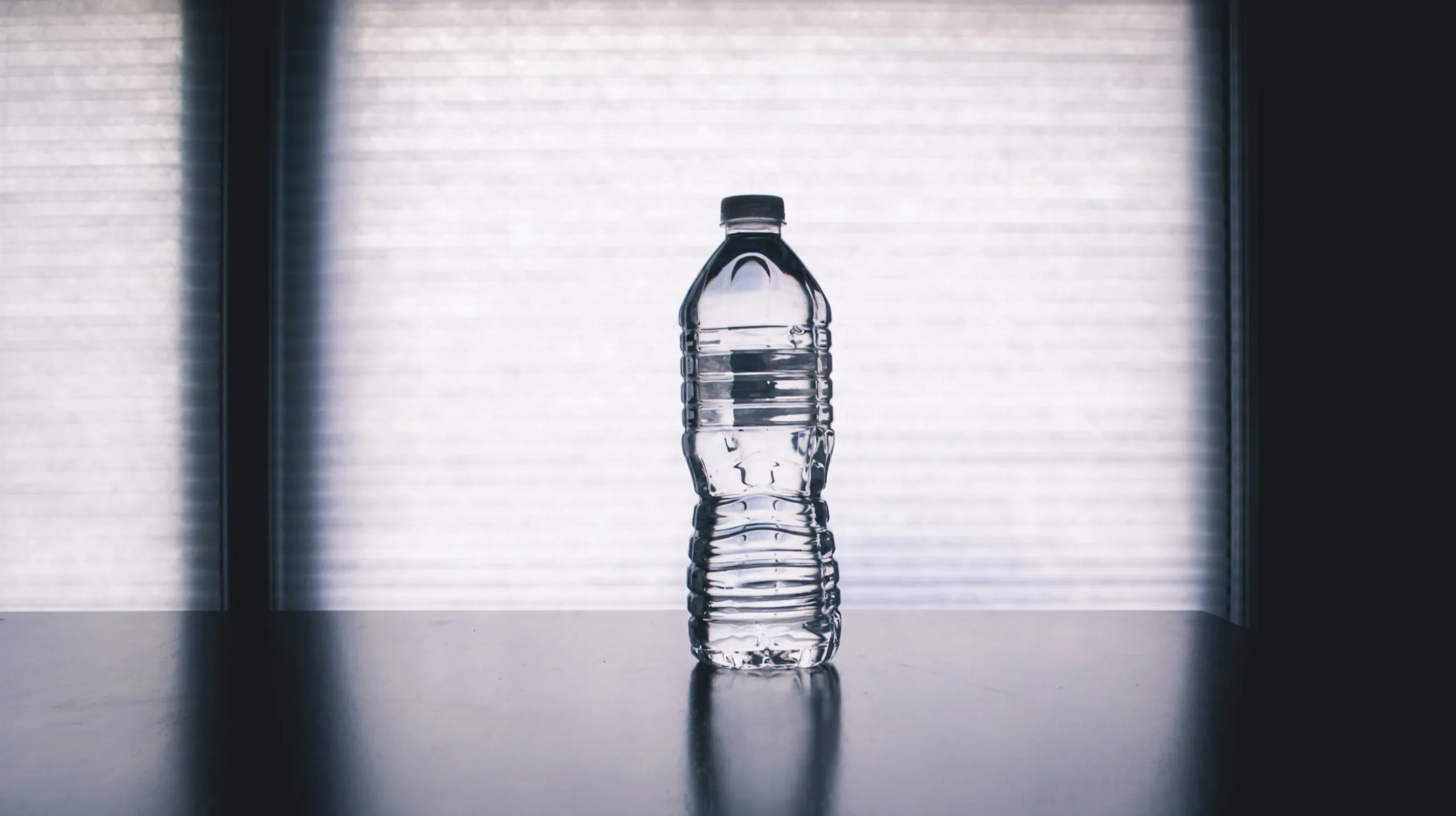If there’s one thing that you should be part of your daily routine, it’s getting enough water into your system. Leading health experts recommend an intake of eight glasses of water a day, and to achieve this, many have opted for plastic bottled water.
Yet, with recent research finding that bottled water contains many tiny plastic bits, it’s once again raised concerns about drinking water out of plastic bottles and how it may be time to quit this potentially harmful habit.
2 Reasons To Quit Drinking Water Out of Plastic Bottles
1. Plastic bottles may contain harmful chemicals
Following the FDA’s ban on bisphenol-A (BPA) in infant formula packaging in 2012, bottled water manufacturers have worked hard to drop BPA from their products. Yet, this has not prevented the presence of chemicals in plastic water bottles.
Per the aforementioned study, published in the Proceedings of the National Academy of Sciences, researchers found about 240,000 particles per liter of water in popular brands. A majority of these particles were identified as “nanoplastics” — particles measuring less than one micrometer.
This means that they’re small enough to pass through the digestive system and lungs and enter the bloodstream directly before moving to the organs, including the brain and heart. The amount identified in the study was between 10–100 times higher than prior estimates.
While researchers are unclear about the impact these plastic particles have on human health, it is hard to believe that it would be anything beneficial.
2. Plastic bottles harm the environment
Not only are plastic water bottles harmful to human health, but they’re also dangerous to the health of the environment, especially because 300 million tons of plastic waste is produced each year, globally.
According to the World Wide Fund for Nature (WWF), it’s estimated that the ocean will contain more plastic than fish by 2050. A troubling prediction, considering that this type of waste is not only harmful to marine life, but it can also disrupt ecosystems, leading to species death, loss of habitat, and other environmental changes.
Staying hydrated – safely
The good news is that you don’t have to risk your health, and that of the environment, to stay hydrated. You can simply buy stainless steel thermos or glass bottles, fill them up with filtered tap water, and bottoms up!
Want to know more?
As mentioned, each year brings millions of tons of plastic waste to landfills, rivers, and oceans, causing significant harm to wildlife, ecosystems, and even human health. To help curb the plastic crisis, Nicole Sherwin, founder of Eco Diva Natural, shares 4 Ways To Reduce Single-Use Plastic In Your Life.
References
Qian N, Gao X, Lang X, Deng H, Bratu TM, Chen Q, Stapleton P, Yan B, Min W. Rapid single-particle chemical imaging of nanoplastics by SRS microscopy. Proc Natl Acad Sci U S A. 2024 Jan 16;121(3):e2300582121. doi: 10.1073/pnas.2300582121. Epub 2024 Jan 8. PMID: 38190543; PMCID: PMC10801917.




